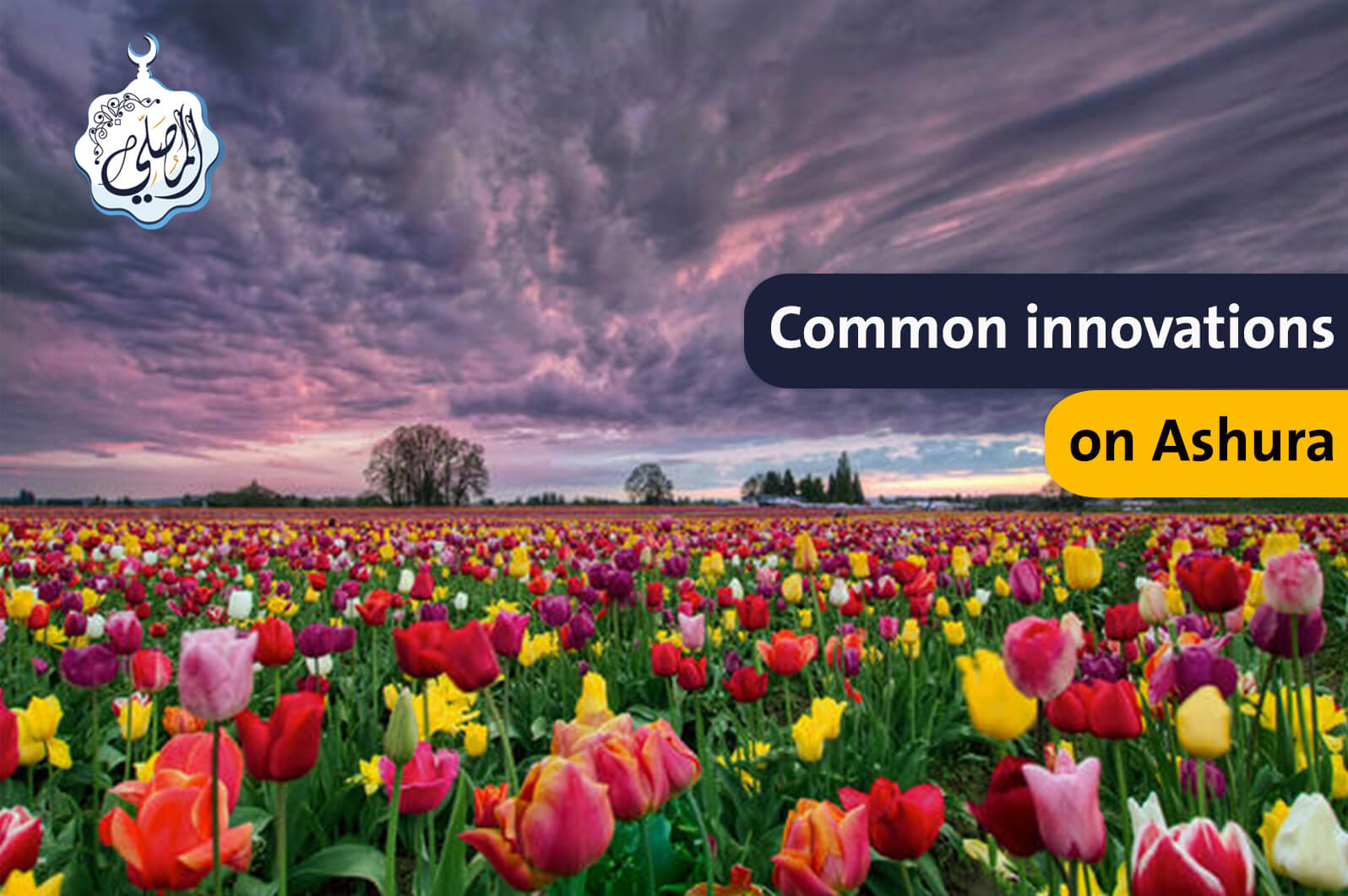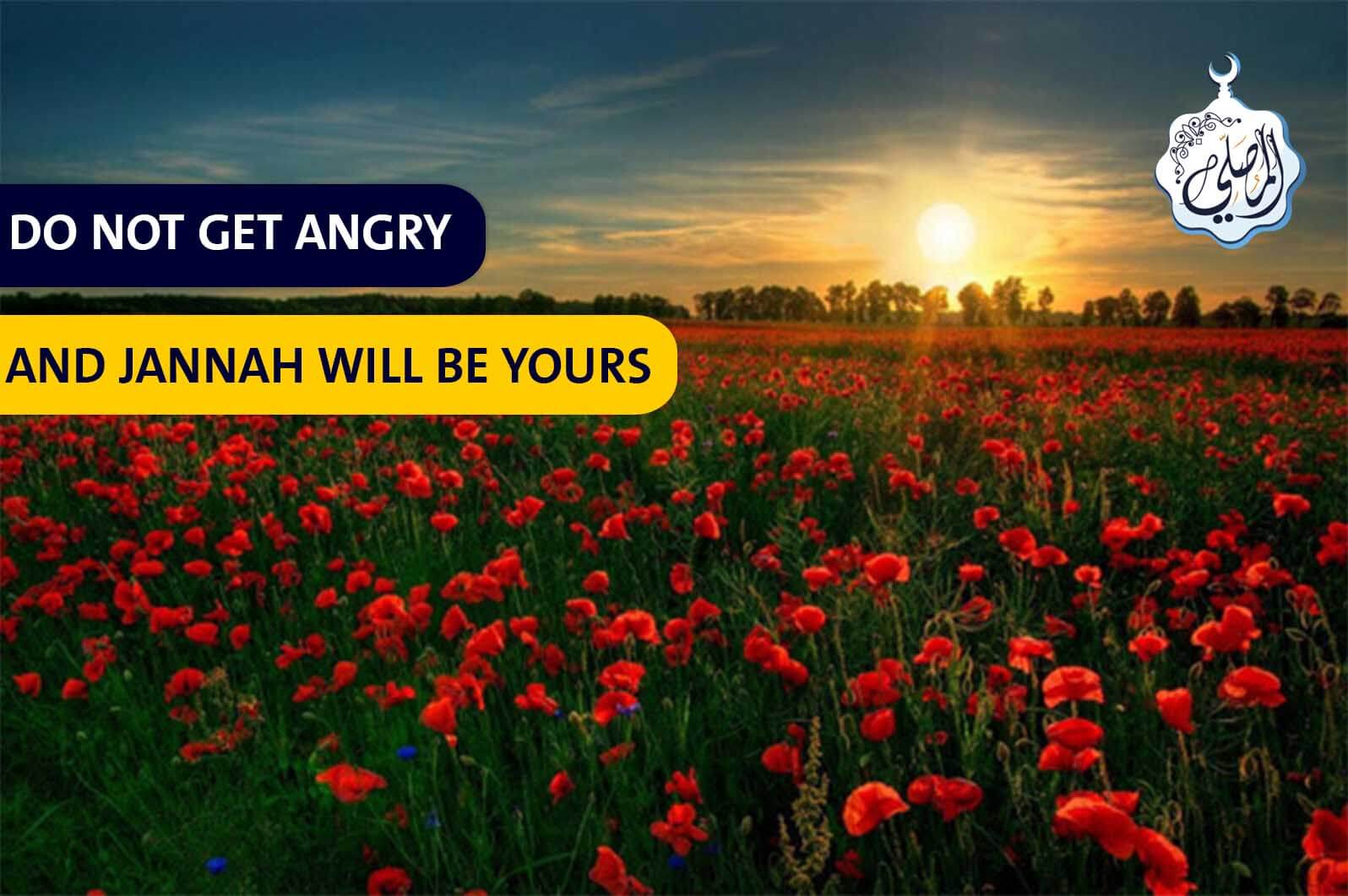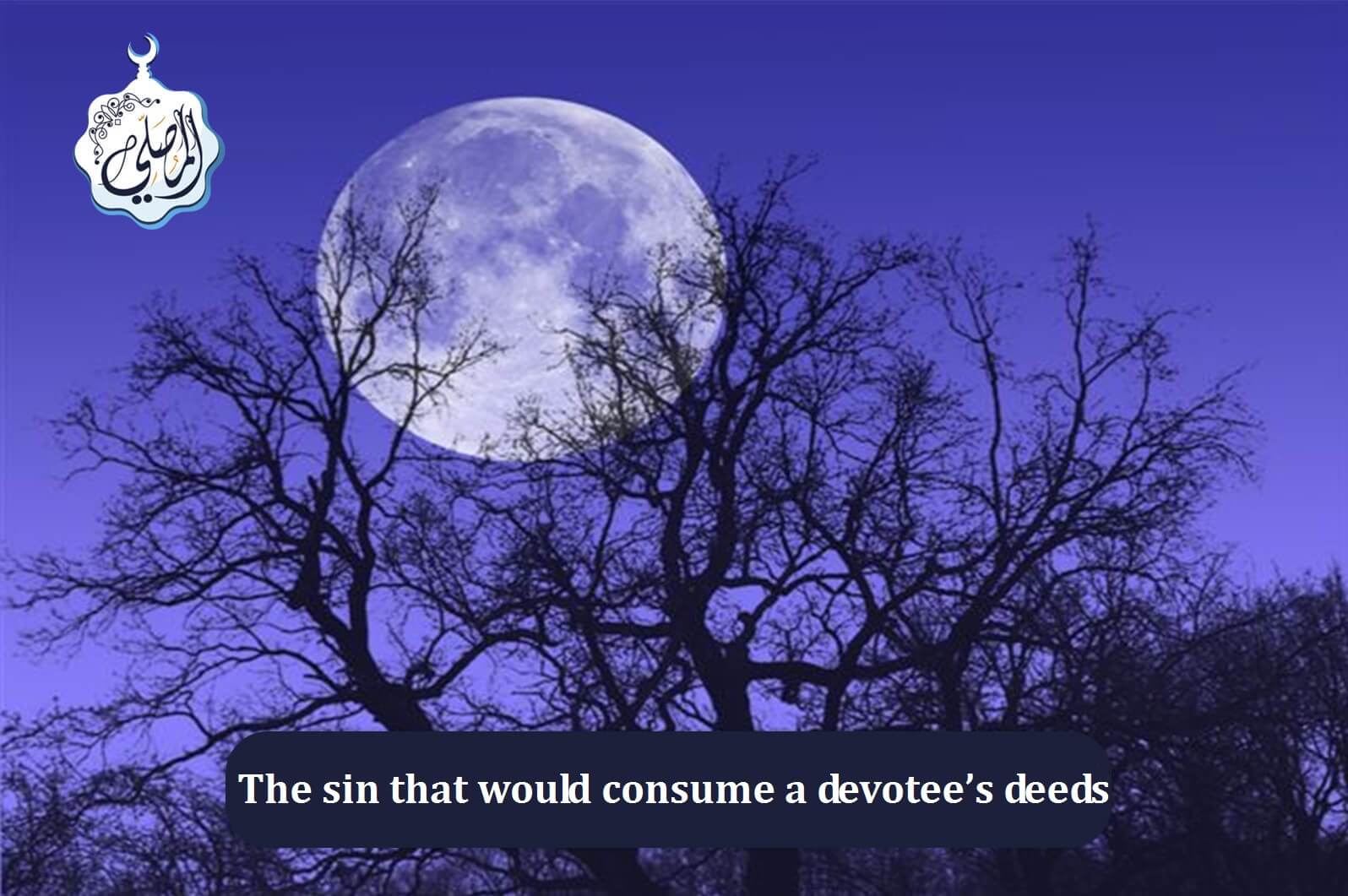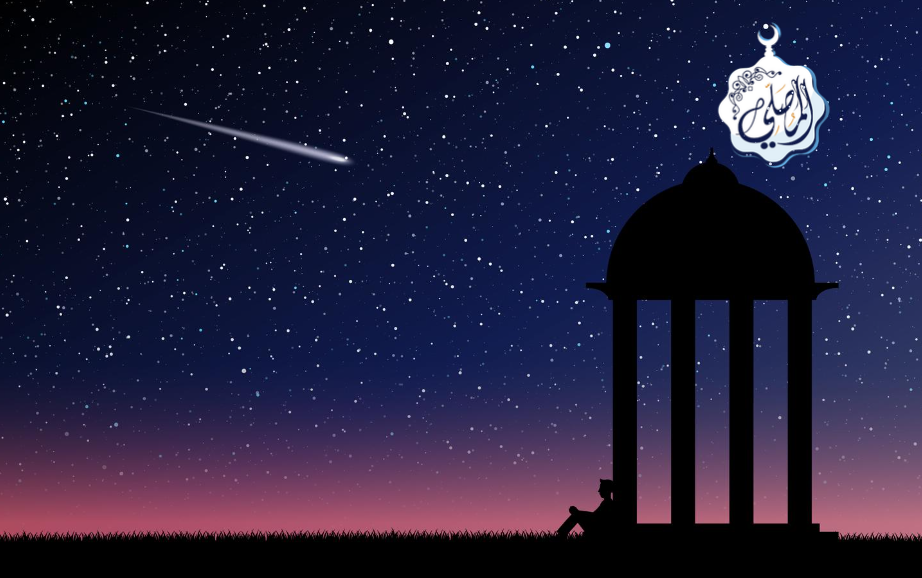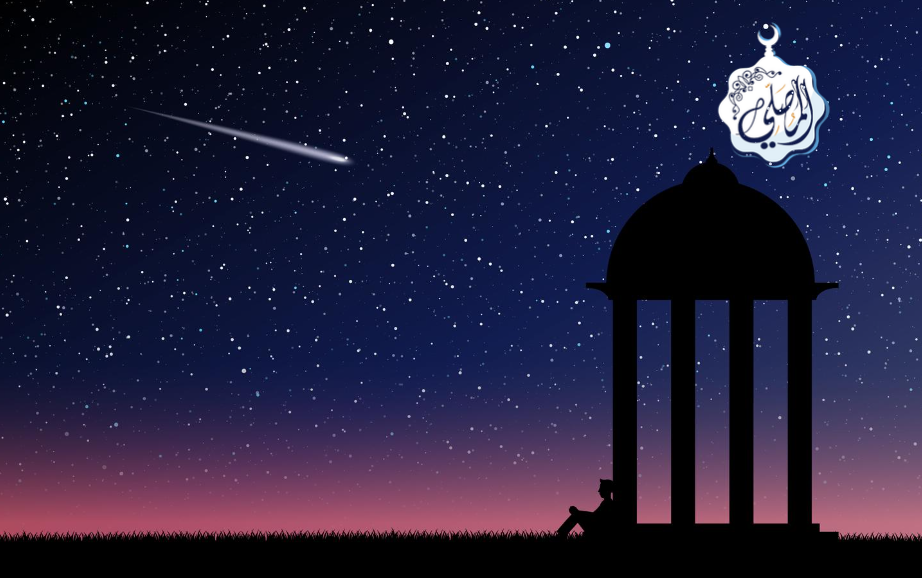
In the hustle of life, the succession of its trials, and the clash of doubts' waves, many people overlook a pure source and a great treasure—the greatest illumination for the heart, tranquility for the soul, and guidance for life: the Word of Allah, the Great Quran, which falsehood cannot approach from before or behind.
This miraculous Book, with its clear verses and glorious chapters, contains some surahs and verses that Allah has favored over others due to their profound meanings and noble purposes.
Among these precious gems shines a noble, radiant, and beautiful verse—one that scholars unanimously agree holds immense value and high status due to what it encompasses. It serves as guiding beacons and spiritual stations where we replenish our faith:
Ayat al-Kursi.
A verse that gathers the foundations of Tawhid (monotheism), the principles of faith, and manifests Allah’s Beautiful Names and Supreme Attributes. Truly, it deserves to be called "the greatest verse in the Book of Allah."
What is the secret of its greatness? What treasures and meanings does Ayat al-Kursi hold that warrant our reflection, contemplation, and application? Let us dive into the depths of this blessed verse to uncover its secrets, savor the sweetness of its meanings, and benefit from its blessings.
The Greatest Verse in the Quran: Ayat al-Kursi
Allah has favored some surahs over others, such as the virtues of Surah Al-Fatihah (the Mother of the Quran), and some verses over others. Ayat al-Kursi stands at the peak of this distinction.
Narrated by Ubayy ibn Ka’b:
The Messenger of Allah ﷺ said: "O Abu al-Mundhir! Do you know which verse in the Book of Allah is the greatest?" I said: "Allah and His Messenger know best." He said: "O Abu al-Mundhir! Do you know which verse in the Book of Allah is the greatest?" I said: "Allahu la ilaha illa Huwa al-Hayy al-Qayyum (Allah! There is no god but Him, the Ever-Living, the Sustainer of existence)." He struck my chest and said: "By Allah, may knowledge be made easy for you, O Abu al-Mundhir!"
[Sahih Muslim (810)]
This is Ayat al-Kursi, found in Surah Al-Baqarah, verse 255:
"Allah! There is no god but Him, the Ever-Living, the Sustainer of existence. Neither drowsiness nor sleep overtakes Him. To Him belongs whatever is in the heavens and whatever is on the earth. Who is it that can intercede with Him except by His permission? He knows what is before them and what will be after them, and they encompass not a thing of His knowledge except for what He wills. His Kursi (Throne) extends over the heavens and the earth, and their preservation tires Him not. And He is the Most High, the Most Great."
[Quran 2:255]
The Prophet ﷺ congratulated Ubayy on this beneficial knowledge that filled his heart. He was the most reciter of the Quran among the Ummah, and recitation during the Prophet’s time was never without knowledge and action. He knew the greatest verse due to its foundations of faith and the Beautiful Names and Supreme Attributes of Allah it contains.
What knowledge benefits its possessor like the knowledge of Allah’s Book?
Jabir reported:
The Messenger of Allah ﷺ said: "Ask Allah for beneficial knowledge, and seek refuge in Allah from knowledge that does not benefit."
[Hasan, Sunan Ibn Majah (3843)]
Umm Salamah reported:
The Prophet ﷺ used to say after finishing the Fajr prayer: "O Allah! I ask You for beneficial knowledge, good provision, and accepted deeds."
[Sahih, Sunan Ibn Majah (925)]
Much of the knowledge that people spend their lives and wealth pursuing—and rejoice in—becomes a burden and loss if not coupled with faith, righteous deeds, and service to the truth. Allah says:
"That is their extent of knowledge. Indeed, your Lord is most knowing of who has gone astray from His way, and He is most knowing of who is guided."
[Quran 53:30]
Al-Farra’ said: "Allah belittled and scorned them, meaning that this is the extent of their intellect and the limit of their knowledge—they preferred the worldly life over the Hereafter."
[Tafsir al-Qurtubi (17/105)]
But knowledge of Allah’s Book and understanding this great verse is undoubtedly beneficial knowledge—it instills reverence, increases faith, and calls to righteous action.
Tafsir (Explanation) of Ayat al-Kursi
This noble verse consists of ten independent sentences, each representing a great principle of faith and highlighting an aspect of Allah’s perfection and greatness:
1. Opening with "Allahu la ilaha illa Huwa" (The Oneness of Worship)
This is the first sentence—the foundation of Tawhid and the first pillar of Islam, indeed the core of all divine messages.
It affirms that He alone is worthy of worship by all creation. There is no true deity except Him. He alone deserves worship, with no partner or equal.
With this word, Allah sent the messengers, revealed the books, and upon it, the heavens and earth were established. For it, Allah created Paradise and Hell.
Allah says:
"And We did not send any messenger before you except that We revealed to him that there is no deity except Me, so worship Me."
[Quran 21:25]
And:
"He sends down the angels with revelation by His command upon whom He wills of His servants: 'Warn that there is no deity except Me; so fear Me.'"
[Quran 16:2]
This word is the essence of faith. Through it, a servant transitions from disbelief to Islam, from polytheism to monotheism, from worshiping creation to worshiping the True Creator.
2. "Al-Hayy al-Qayyum" (The Ever-Living, the Sustainer)
These are two majestic names from Allah’s Beautiful Names, among His greatest names.
"Al-Hayy" (The Ever-Living): The One whose life is perfect, eternal, and everlasting—free from death, imperfection, or decline. He is the Living who grants life to others.
Ibn Abbas reported:
The Messenger of Allah ﷺ used to say: "O Allah! I submit to You, believe in You, rely on You, turn to You, and strive for Your cause. O Allah! I seek refuge in Your might—there is no god but You—from being led astray. You are the Ever-Living who never dies, while jinn and humans die."
[Sahih Muslim (2717)]
"Al-Qayyum" (The Sustainer): The Self-Sustaining who needs none, yet sustains all existence. All creatures depend on His command, management, and care.
Allah says:
"Is He [not best] who is ever, over every soul, a Guardian?"
Meaning: Allah is the Guardian over every soul, taking it to account for what it has earned.
[Gharib al-Quran by Ibn Qutaybah (p. 228)]
Anas ibn Malik reported:
When the Prophet ﷺ was distressed, he would say: "O Ever-Living, O Sustainer! I seek help through Your mercy."
[Hasan, Sunan al-Tirmidhi (3524); Sahih al-Jami’ (4777)]
The Prophet ﷺ said to Fatimah: "Why don’t you listen to what I advise you? Say every morning and evening: 'O Ever-Living, O Sustainer! I seek help through Your mercy. Rectify all my affairs, and do not entrust me to myself for even the blink of an eye.'"
[Hasan, Al-Sunan al-Kubra by al-Nasa’i (10330); Sahih al-Targhib wa al-Tarhib (661)]
The Greatest Name of Allah in Ayat al-Kursi
Ayat al-Kursi contains the Greatest Name of Allah, which when supplicated by, He answers, and when asked by, He gives. As mentioned in the hadith:
"The Greatest Name of Allah, by which if He is asked, He gives, and if He is called upon, He answers, is in three surahs: Al-Baqarah, Al Imran, and Taha."
[Sahih, Sunan Ibn Majah (3856); Sahih al-Jami’ (979)]
In Al-Baqarah: "Allahu la ilaha illa Huwa al-Hayy al-Qayyum" (2:255).
In Al Imran: "Allahu la ilaha illa Huwa al-Hayy al-Qayyum" (3:2).
In Taha: "Allahu la ilaha illa Huwa, lahu al-asma’ al-husna" (20:8).
"Allah" is the Greatest Name, uniquely belonging to the Truth, exalted be He. It encompasses all divine attributes of perfection. Every other name is a description of it. It denotes the Worshiped One, and there is no god but Him.
[Tafsir al-Qur’an al-Thari al-Jami’ (1/507)]
It is also said that "Al-Hayy al-Qayyum" is the Greatest Name.
3. "La ta’khudhuhu sinatun wa la nawm" (Neither drowsiness nor sleep overtakes Him)
This sentence signifies the perfection of His life and absolute sustainership. "Sinah" is the drowsiness preceding sleep. Allah is exalted above all imperfections—neither sleep nor drowsiness overcomes Him, due to His perfect life and great sustainership.
Abu Musa al-Ash’ari reported:
The Messenger of Allah ﷺ stood among us and said five words: "Indeed, Allah does not sleep, and it is not befitting for Him to sleep. He lowers the scale and raises it. The deeds of the night are raised to Him before the deeds of the day, and the deeds of the day before the deeds of the night. His veil is light—and in Abu Bakr’s version: fire—if He were to unveil it, the glory of His Face would burn everything His sight reaches of His creation."
[Sahih Muslim (179)]
This indicates His constant vigilance and care over everything in His dominion. He never neglects anything, not even for the blink of an eye.
Allah does not sleep; rather, He is the Ever-Living, the Sustainer. The disbelievers will witness this on the Day of Resurrection:
"On the Day when Allah will resurrect them all and inform them of what they did. Allah has kept account of it, while they have forgotten it. And Allah is, over all things, a Witness."
[Quran 58:6]









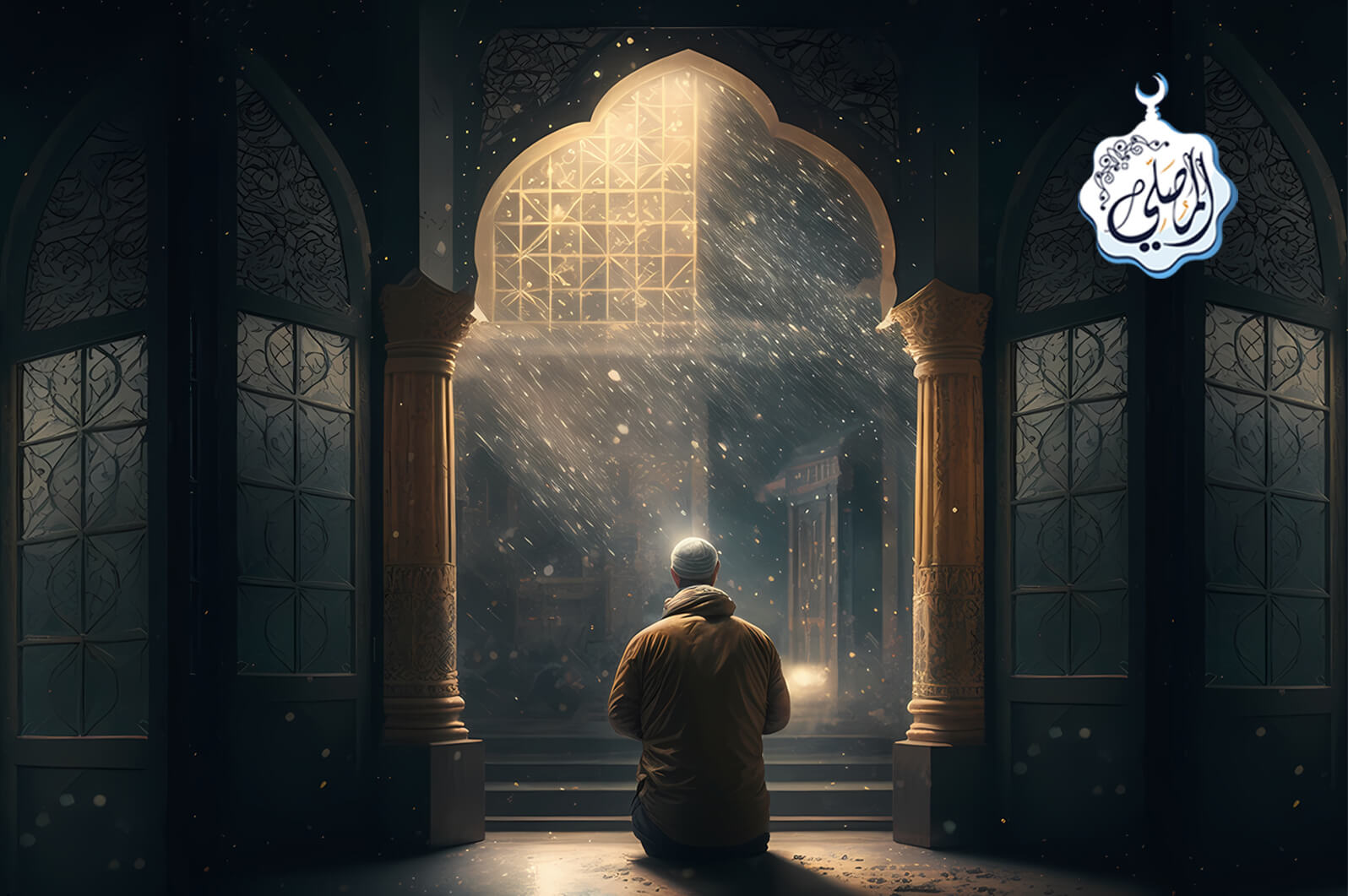
 share facebook
share facebook share whatsApp
share whatsApp share twitter
share twitter share telegram
share telegram copy
copy